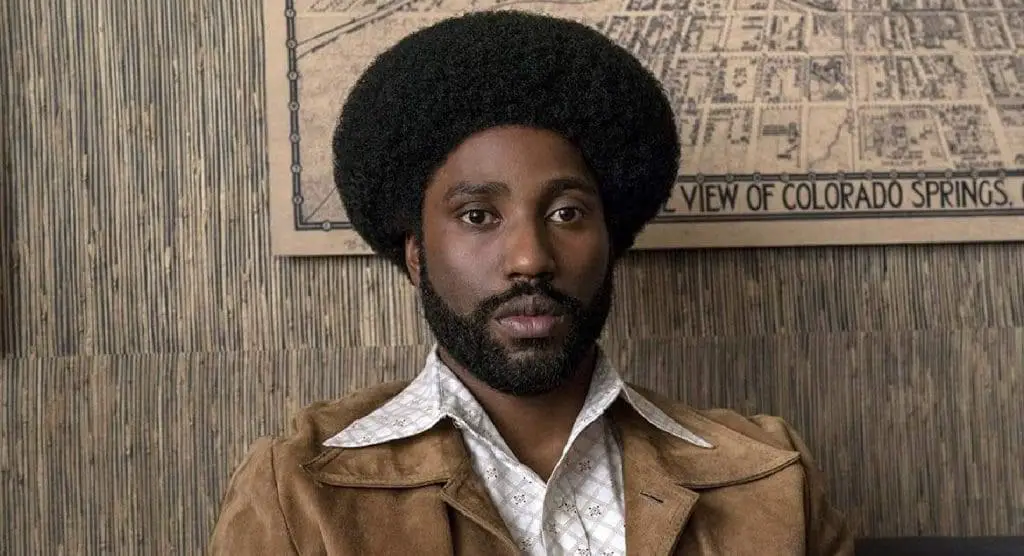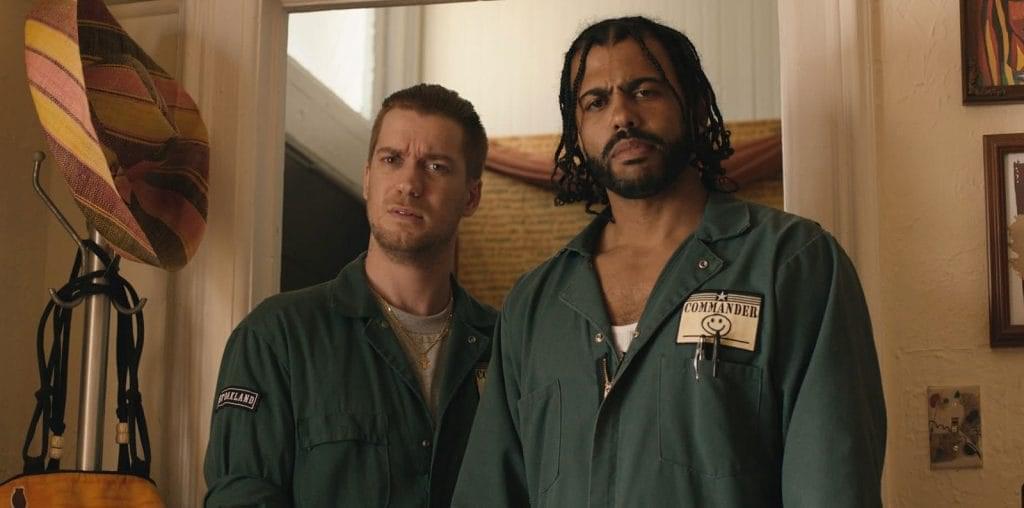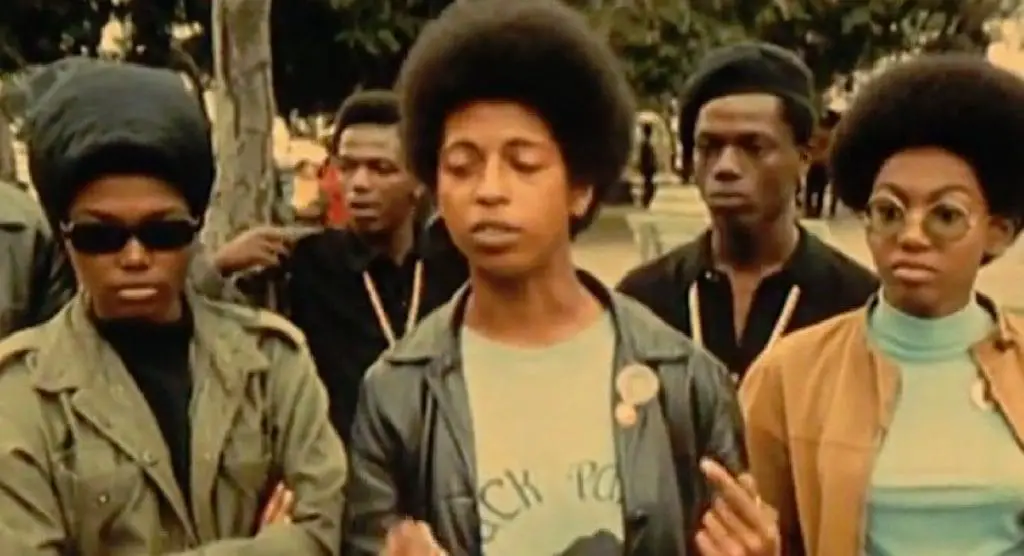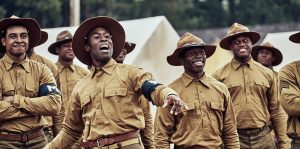
Sometimes, if you want to know what really happened in history, you might have to watch a little bit of fiction. For example, millions of people became aware of the 1921 massacre of Tulsa’s Black Wall Street, where thousands of buildings were devastated, and hundreds of people died, only because it was featured in the HBO series Watchmen.
When asked why we sometimes need fiction to get at the truth, Oscar-winning screenwriter Kevin Willmott explains, “We bury this history. We’ve always buried it. One of the reasons we buried it is obviously the racial components. We don’t like to sell people on the notion that America has this horrible injustice going on. The other part of it is, people don’t know how to teach this history. That’s been a big problem for a long time, and it’s still a big problem. Teachers don’t feel comfortable with it, and schools have literally censored our history.”
Kevin Willmott can speak with authority on this matter because he has unearthed another previous incident with his new film, The 24th, which he co-wrote and directed. The movie, which opened last week, depicts the 1917 Houston riot, or Houston mutiny, when 100 Black soldiers from the 24th Infantry Division marched through the city streets, resulting in the death of 15 white people and four of the soldiers.
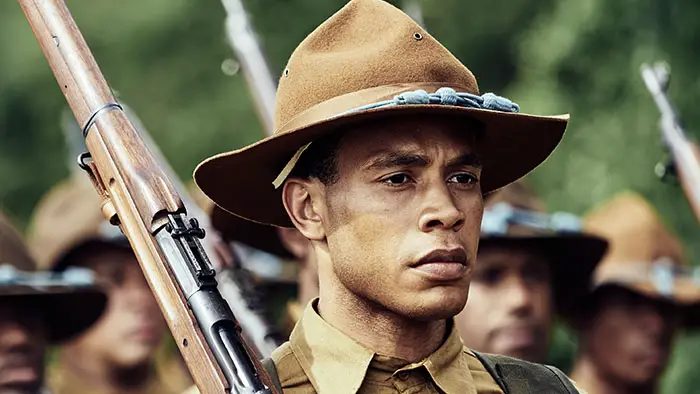
“We don’t like to sell people on the notion that America has this horrible injustice going on.”
Even if the event seems unfamiliar now, it was widely covered at the time. It would have been impossible for a murder trial with 118 defendants to go unnoticed.
The 24th Infantry had served in the Spanish American War and thought that their service to the nation would have earned the respect of the white residents of Houston. As Wilmott’s movie recalls, that wasn’t the case.
The police had beaten a popular soldier named Cpl. Charles Baltimore (called “Boston” in the film) for simply questioning a peer’s arrest. In the confusion that followed, the members of the 24th mistakenly thought the police had murdered him and that an angry white mob was headed for the base.
While the lack of respect members of the 24th received in Houston now seems appalling after they served with distinction in Puerto Rico and the Philippines, according to Wilmott, that was all too common. “You’ve got to remember that Woodrow Wilson was president. He had (D.W. Griffith’s Ku Klux Klan tribute) The Birth of a Nation shown in the White House. He was basically a Confederate when you get down to it. Even when you’re not directly involved, when you turn away, ultimately, you’re responsible for that. It’s like the good Germans during the Holocaust. People saw other people being rounded up and looked the other way.”
The United States was about to enter World War I, and the 24th were eager to prove their worth in the conflict. Many of their African American peers did just that. Pilot Eugene Bullard flew missions with the Lafayette Escadrille against the Germans. Wilmott adds, “There was the Harlem Hellfighters (a.k.a. the 369th Infantry Regiment), which was a volunteer force, who had to fight in French uniforms because the Americans would not let them use theirs.”
